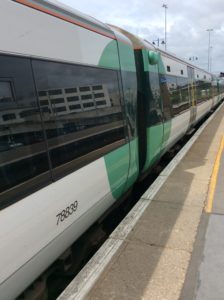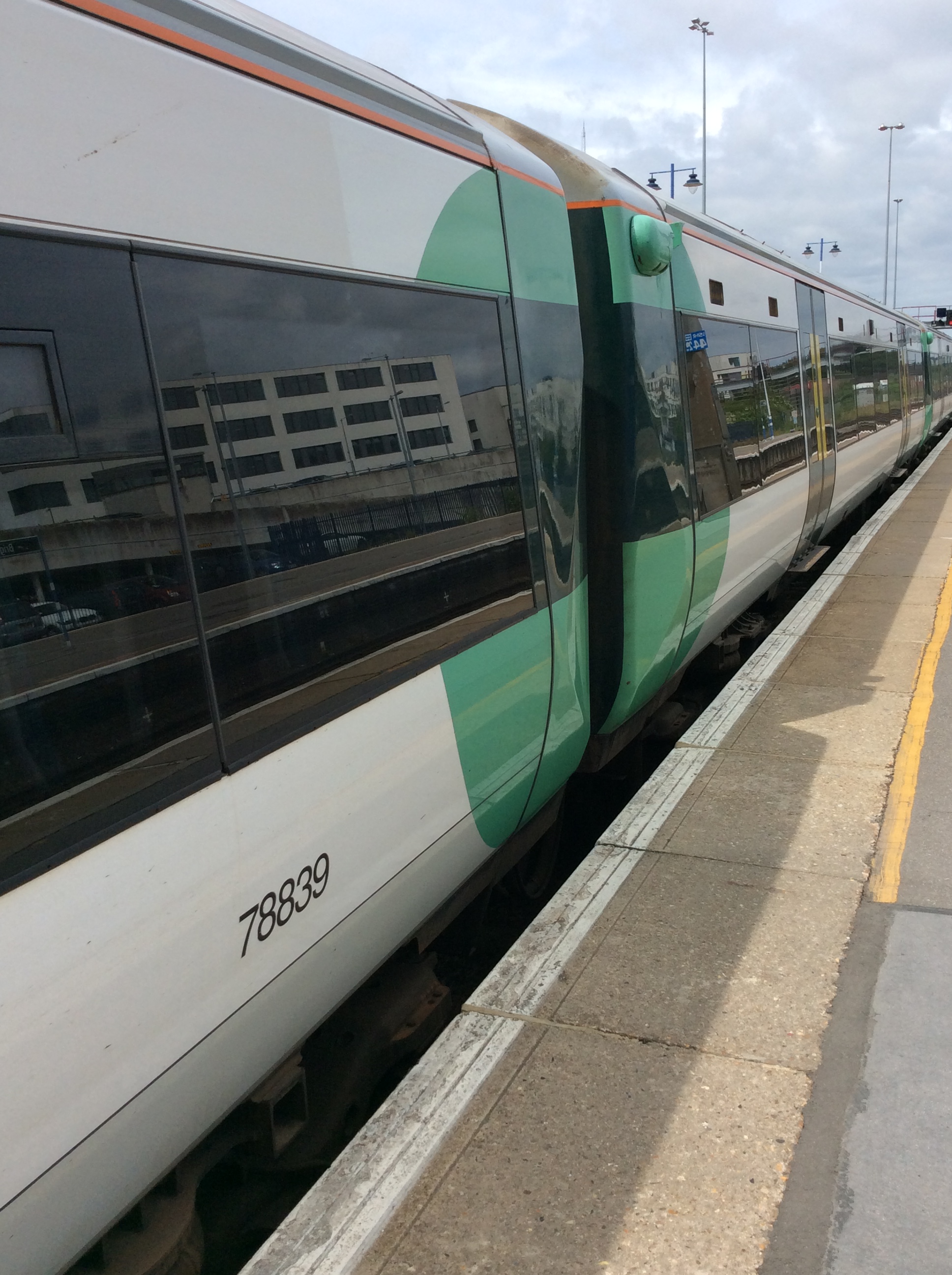Financial losses at the train operator Govia Thameslink Railway (GTR) have been blamed on the long-running industrial dispute with Southern drivers and guards.
The losses were revealed in an announcement to the London Stock Exchange this morning (Tuesday 28 February) by the Go-Ahead Group.
The company’s shares fell by more than 14 per cent as the company also issued a profit warning, saying that results for the full year would be lower than expected.
Go-Ahead, which co-owns GTR with the French firm Keolis, said: “Rail operating profit fell 35 per cent to £26.9 million, owing to losses at GTR and known bid costs.”
The figures were for the six months to the end of December – the first half of Go-Ahead’s current financial year. The company also owns Brighton and Hove Buses.
Go-Ahead chairman Andrew Allner said: “We have delivered a first-half result in line with our expectations and the group remains in a sound financial position.
“While operating profit in bus increased against the same period last year, as expected, overall group performance has been significantly impacted by a reduction in rail profitability due to losses from our GTR franchise as a result of ongoing industrial action on Southern.
“Looking to full-year profitability, the board has lowered its expectations in both bus and rail.

“Bus profits are expected to be impacted by slowing passenger volumes in regional bus.
“Rail profits will be affected by losses in GTR owing to additional costs and delays to expected efficiencies as a result of the impact of industrial action.”
The company said that it was required to make the changes at the heart of the industrial dispute because they were “required by the contract” with the Department for Transport (DfT).
The dispute is about the level of staffing on new trains. They are configured so that drivers close the doors rather than guards, enabling “driver-only operation”.
The company has redesignated guards – or conductors – as on-board supervisors but despite the contractual change, the dispute remains unresolved.
The RMT guards’ unions and the drivers’ union ASLEF have called members out on strike and instructed members not to work overtime.
The way that GTR staffed Southern trains meant that it relied on overtime to run its timetabled services. Punctuality, performance and reliability have plummeted over the past year, along with passenger satisfaction.

This morning the company said that its regional bus operating profit rose 6.2 per cent to £25.7 million.
Revenue growth was 0.8 per cent while passenger numbers fell by 0.7 per cent, slightly outperforming subdued national trends, the company said.
In the most recent full financial year – the Saturday 2 July 2016 – Brighton and Hove Buses alone was reported to have made about £13 million profit on revenues of almost £90 million.
Go-Ahead said that it had achieved the highest customer satisfaction score – 89 per cent – in the regional bus sector. And it was now the largest operator of electric buses in the UK.

But train performance dominated the picture for the company. It said: “Lengthy and significant industrial relations issues at GTR related to the modernisation of working practices, required by the contract, have caused months of disrupted travel.
“We are working towards a resolution so we can provide a reliable service for customers.
“We are playing a key role in the Thameslink programme which will transform the travelling experience of millions of people.”
The company has been affected by the issues at London Bridge Station which has been undergoing an extensive modernisation.
On GTR, Go-Ahead said that since the franchise began, 428 new carriages had been introduced – more than the rest of the UK rail network combined. A further 970 would be delivered by the end of next year.
The train company was now investing in Britain’s largest ever driver recruitment and training programme and had also recruited 100 extra on-board supervisors.
It said that driver-controlled trains now provide three-quarters of services and added that it was “striving for full resolution of industrial relations issues so we can deliver a reliable service for customers”.
Go-Ahead’s overall income – or turnover – for the six months to the end of December was £1.72 billion, up 3 per cent from £1.67 billion a year earlier. But pre-tax profit fell almost 12 per cent to £67 million from £75.9 million.







